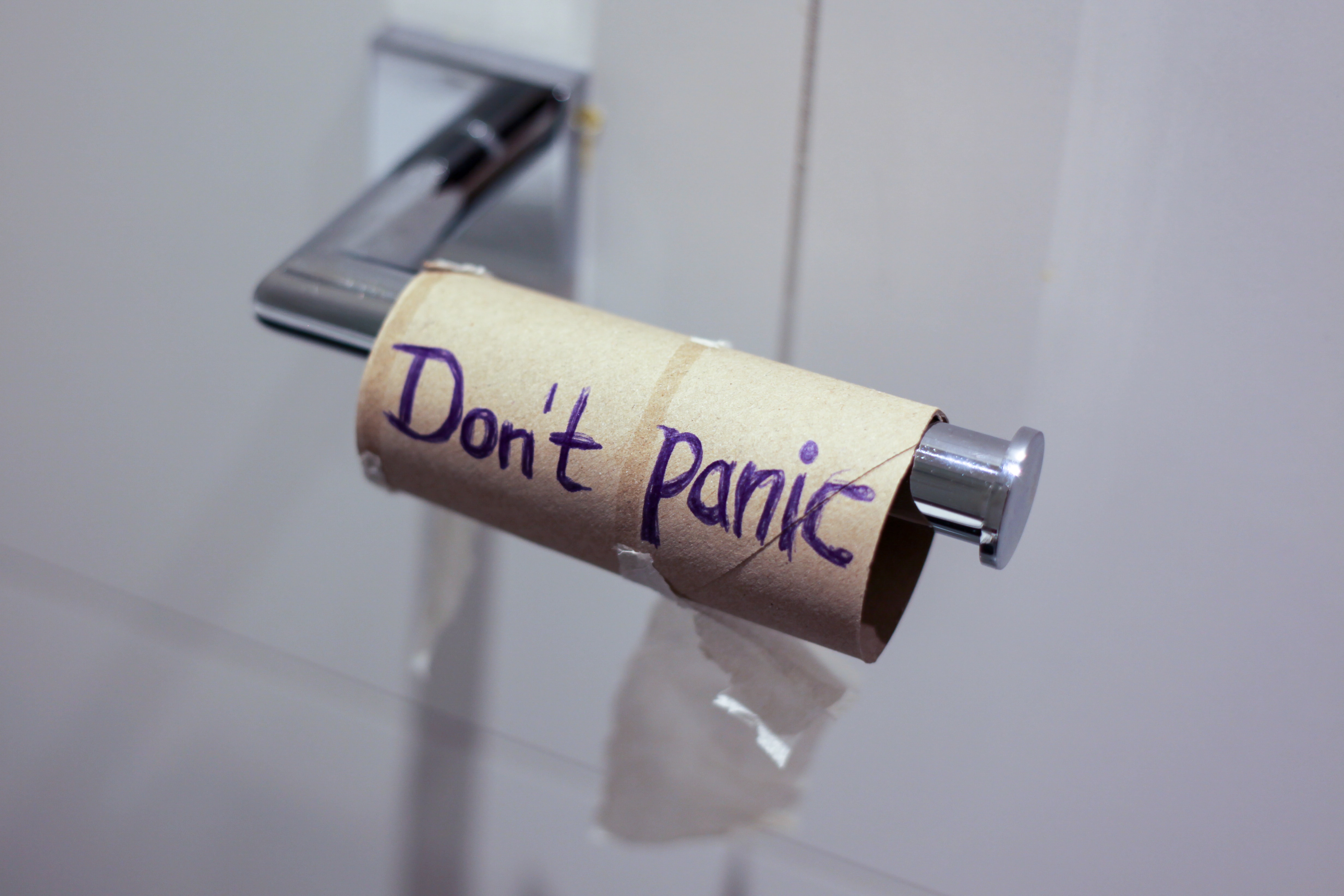Diarrhea is a common health problem experienced by many people at least once in their lifetime. It is characterized by the frequent passage of loose, watery stools, and can be accompanied by abdominal cramping, bloating, and an urgent need to use the restroom. In this comprehensive guide, we'll explore the main causes, treatments, and diagnosis of diarrhea, as well as when it's time to consult a doctor. Additionally, we've included a Q&A section to address the most popular questions on this topic.
Main Causes of Diarrhea
Viral infections: Gastroenteritis, commonly known as the stomach flu, is a viral infection that affects the stomach and intestines. It is one of the leading causes of diarrhea and can be caused by viruses such as norovirus, rotavirus, or enteroviruses.
Bacterial infections: Bacteria like Salmonella, Shigella, Escherichia coli (E. coli), and Campylobacter can cause foodborne illnesses, which often result in diarrhea.
Parasites: Parasitic infections, such as Giardia or Cryptosporidium, can cause diarrhea after ingesting contaminated food or water.
Food intolerances: Some people have difficulty digesting certain foods, such as lactose in dairy products or gluten in wheat, which can lead to diarrhea.
Medications: Certain medications, such as antibiotics, can cause diarrhea as a side effect by disrupting the balance of good and bad bacteria in the gut.
Irritable bowel syndrome (IBS): IBS is a chronic gastrointestinal disorder that can cause alternating bouts of diarrhea and constipation.
Inflammatory bowel disease (IBD): Conditions like Crohn's disease and ulcerative colitis can cause chronic diarrhea.
Diagnosis and Treatment
A doctor will typically diagnose diarrhea based on a patient's medical history, symptoms, and a physical examination. In some cases, additional tests, such as blood tests or stool samples, may be needed to identify the cause of the diarrhea.
The treatment of diarrhea depends on the underlying cause. For mild cases, the following measures can help manage symptoms:
Hydration: Drinking plenty of water, clear broth, or oral rehydration solutions can help replace lost fluids and electrolytes.
Diet: Consuming easily digestible foods like bananas, rice, applesauce, and toast (known as the BRAT diet) can help alleviate diarrhea.
Over-the-counter medications: Anti-diarrheal medications like loperamide (Imodium) can be used for short-term relief, but should not be taken for more than 48 hours without consulting a doctor.
For more severe cases, or when diarrhea is caused by bacterial or parasitic infections, a doctor may prescribe antibiotics or antiparasitic medications.
When to See a Doctor
It is essential to consult a doctor if you experience any of the following symptoms:
- Diarrhea that lasts for more than two days
- Severe abdominal or rectal pain
- Bloody or black, tarry stools
- Signs of dehydration, such as excessive thirst, dry mouth, little to no urination, or dizziness
- A fever higher than 102°F (38.9°C)
Diarrhea is a common but often manageable health concern. Understanding its causes, treatments, and when to consult a doctor can help ensure you're equipped to handle this unpleasant condition. Remember to stay hydrated, follow a gentle diet, and practice good hygiene to minimize the risk of diarrhea and its complications. If symptoms persist or worsen, don't hesitate to seek medical advice.
Q&A Section
Q: How can I prevent diarrhea?
A: Practicing good hygiene, such as washing your hands regularly with soap and water, can help prevent the spread of infections that cause diarrhea. Other preventive measures include:
- Drinking only safe water and avoiding tap water in areas with questionable sanitation.
- Eating thoroughly cooked food and avoiding raw or undercooked meat, poultry, seafood, and eggs.
- Washing fruits and vegetables before consumption.
- Refrigerating perishable foods promptly and avoiding food that has been left out for extended periods.
- Being cautious about food allergies and intolerances, and avoiding foods that trigger symptoms.
Q: Can diarrhea lead to complications?
A: Yes, diarrhea can lead to complications, particularly dehydration, which can be life-threatening if not addressed promptly. Severe dehydration can lead to electrolyte imbalances, kidney failure, and even death. It is crucial to monitor for signs of dehydration and seek medical attention if symptoms worsen.
Q: Are children more susceptible to diarrhea?
A: Yes, children, particularly those under the age of five, are more susceptible to diarrhea due to their developing immune systems. Additionally, they are more prone to dehydration, making it essential for caregivers to monitor for signs of dehydration and seek medical attention if needed.
Q: Can diarrhea be a sign of a more serious condition?
A: In some cases, diarrhea can be a symptom of an underlying health issue, such as inflammatory bowel disease, irritable bowel syndrome, or certain infections. If diarrhea persists for more than two days or is accompanied by other concerning symptoms, it's essential to consult a doctor for a proper evaluation.









